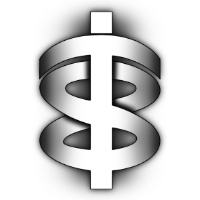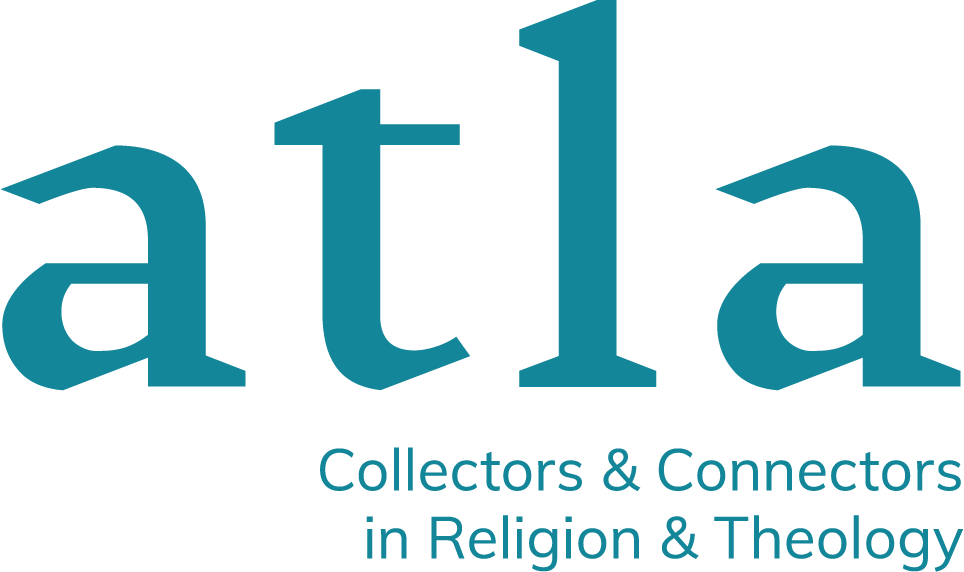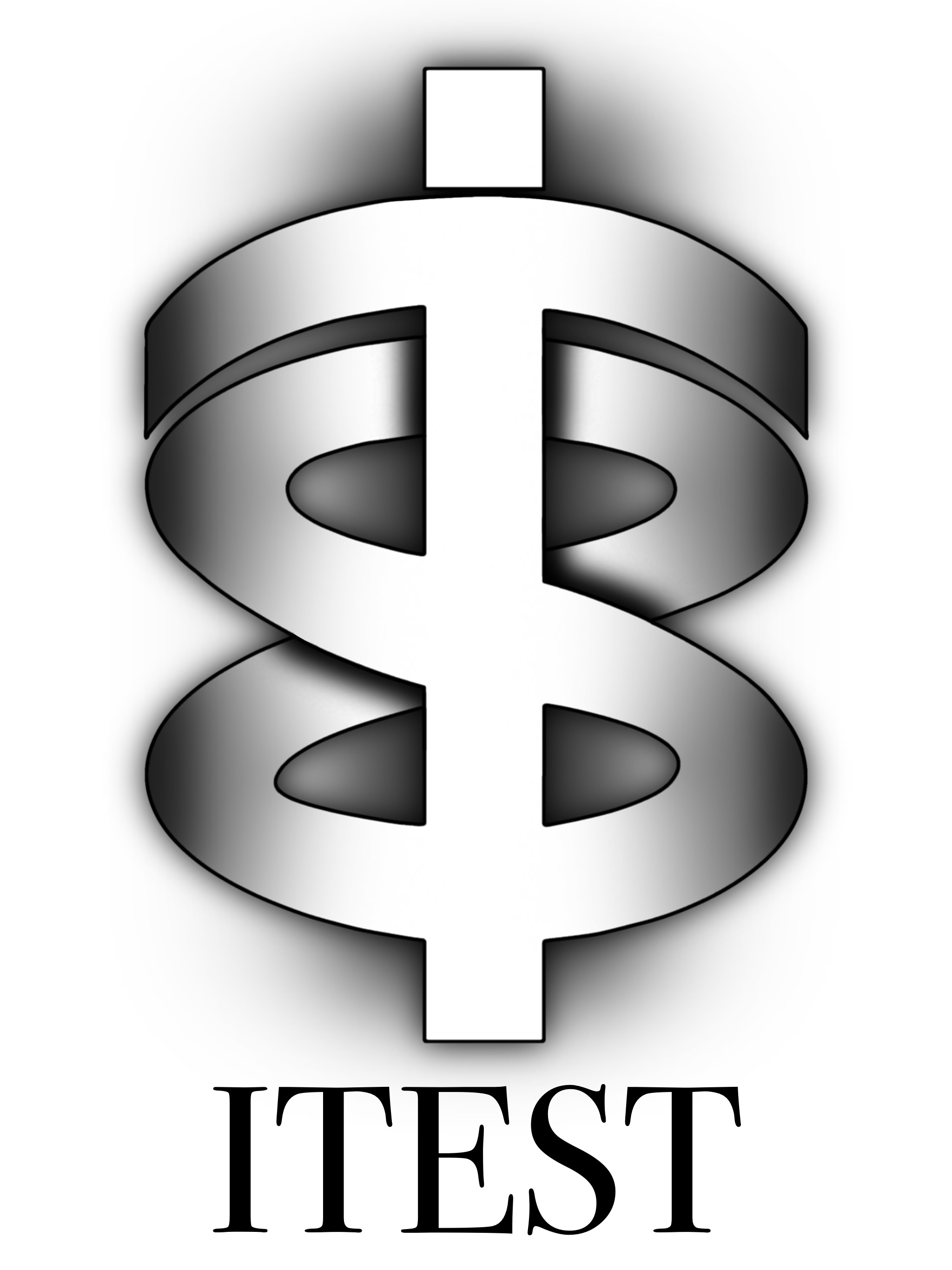Present the Webinar
Teaching Research Processes
This webinar was presented on February 24, 2024.
Our presenters
William Badke
Engaging Faculty in Teaching Research Processes
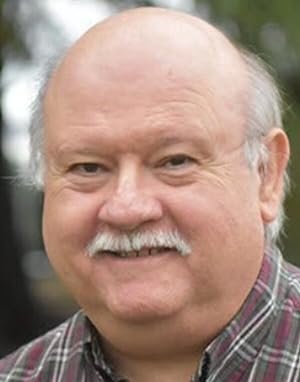
William Badke grew up in Kelowna, BC, Canada. After completing a B.A. at the University of British Columbia in 1971 and a Master of Divinity (1975) and Master of Theology (1977) he taught at a college in Nigeria, West Africa for two years before returning to teach at Northwest Baptist Theological College in Vancouver, BC. In 1985 he earned a Master of Library Science degree at the University of British Columbia and currently serves as Associate Librarian for Associated Canadian Theological Schools and Information Literacy at Trinity Western University, in Langley, BC. He has published extensively in the area of information literacy as well as fiction and spirituality. His column on information literacy (Infolit Land) appears every two months in Online Searcher and, as of 2023, in Computers in Libraries.
Mr. Badke’s Abstract
Today’s information landscape, whether popular or scholarly, has been radically transformed by the World Wide Web. This has provided significant benefits to human freedoms, education, and development. Yet our knowledge base overall is uneven in quality and possesses a significant power to mislead us. Yet academia has failed to understand that today’s education must include a strong program that will increase the ability of students to handle information and do research. This is not a remedial task but a detailed one that is akin to learning a new language. To achieve these student skills, faculty members in concert with librarians, must rethink the way they educate their students. This is an urgent matter in the theological setting where searching for and knowing the truth is paramount.
Stacy A. Trasancos, Ph.D.
How to Research Scientific Literature in the Light of Faith
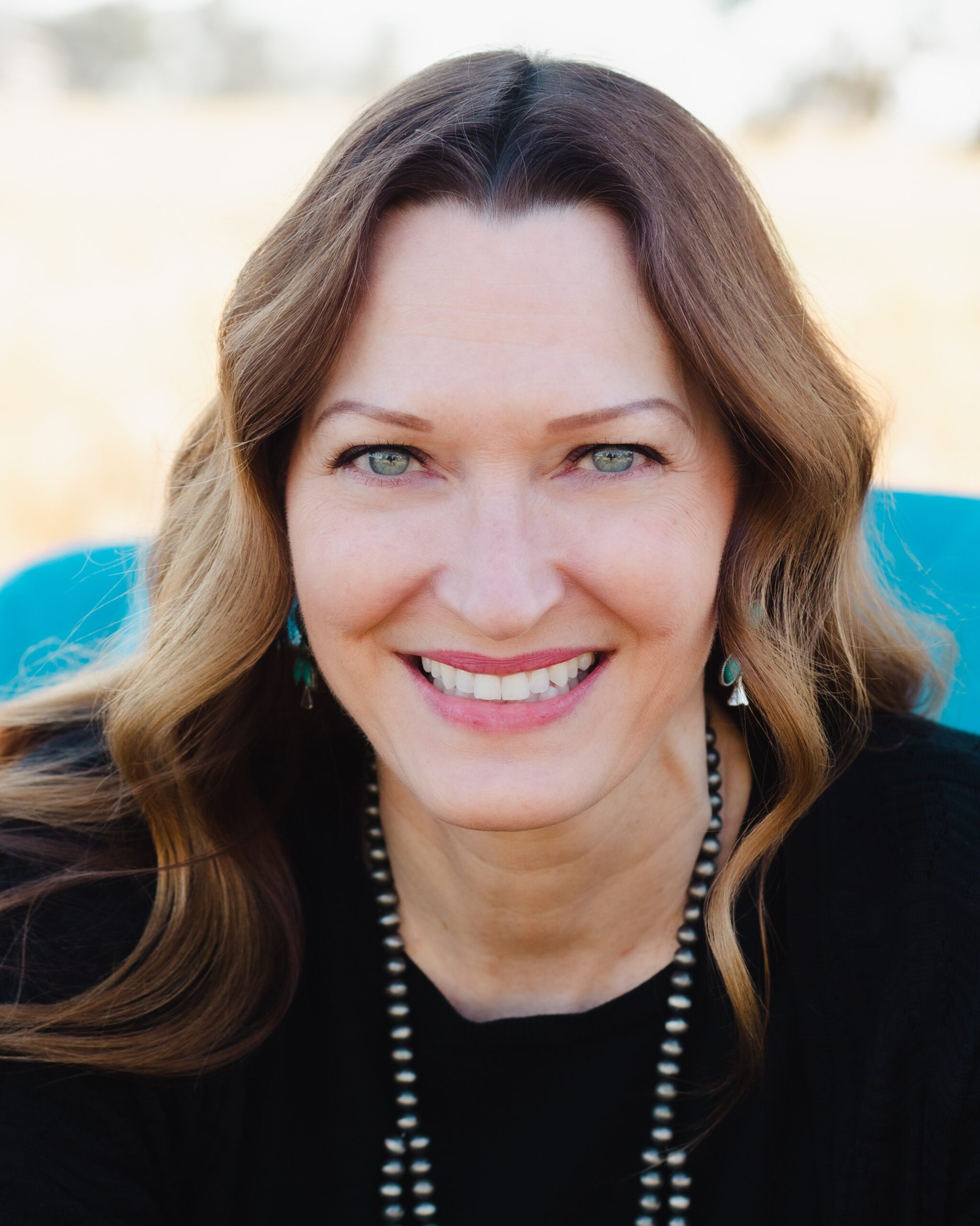
Stacy Trasancos has a Ph.D. in chemistry from Penn State University and worked as a senior research chemist for DuPont before converting to Catholicism. She left her career to stay home with her children. In those years, she earned a M.A. in dogmatic theology and published five books on the integration of science and theology. Dr. Trasancos teaches online science and theology courses for Seton Hall University, Holy Apostles College and Seminary, and Belmont Abbey College and is a Fellow of the Word on Fire Institute. She is, at last, pursuing a second M.A. in systematic philosophy.
Dr. Trasancos’ Abstract
This brief presentation will show you how to navigate scientific literature that is published in global scientific journals by scientists in various fields so that you can determine for yourself the research methods and conclusions. Often in the faith and science dialogue, secondary sources in popular magazines or news outlets present a biased version of the scientific literature. A Catholic scholar can more accurately assess scientific claims by reading the scientific literature him- or herself. The reports are much easier to navigate once you understand their structure. If you can read Aristotle and Aquinas, you can read modern scientific papers.
Webinar resources
Teaching Research Processes: The Faculty Role in the Development of Skilled Student Researchers, 2nd edition
Research Strategies: Finding your Way through the Information Fog, 7th edition
William Badke, InfoLit Land column in Computers in Libraries
Particles of Faith: A Catholic Guide to Navigating Science
Watch Dr. Trasancos’ workshops on demand at Assessing Contemporary Science in the Light of Faith – The Center for Theology of Science
